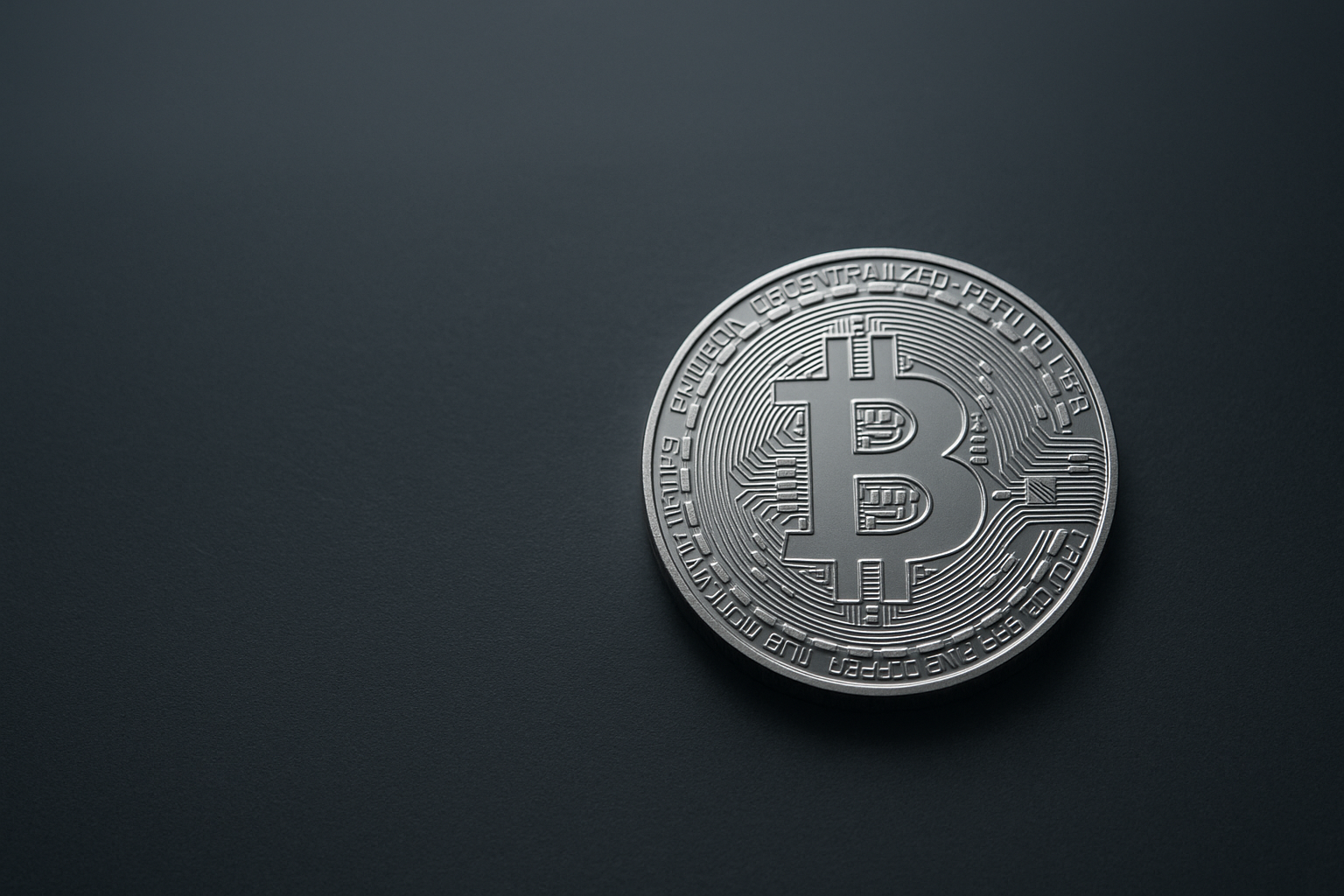Technology doesn’t stand still. Every year, it finds a way to be faster or safer. One of the biggest shifts in recent years has come from blockchain. You’ve probably seen the term thrown around in headlines or linked to cryptocurrency. But behind all the buzz, there’s a simple idea that’s changing how digital systems work. This is especially true when it comes to keeping things secure.
Blockchain might sound complicated, but the concept is actually pretty straightforward. It’s basically a digital way to record and share information that can’t easily be changed. That makes it really useful in areas where security and trust are important. And it’s why so many industries are starting to embrace it.
Industries Are Catching On
Blockchain has started to show up in a lot of different industries. Big companies want their systems to be more secure, especially when it comes to personal data and payments. Traditional methods like passwords and central databases can be weak points if something goes wrong. Blockchain offers a different way of doing things.
One industry that’s changed a lot because of blockchain is the online casino space. Years ago, playing games on the internet often meant relying completely on the platform. Players had to trust that the systems were fair and the payments would go through properly. Now, with blockchain, some casinos have started using crypto payments and provably fair game setups. PeerGame.com is a site that has a huge number of different game choices and uses crypto for a lot of payment methods. It also uses the provably fair method of ensuring that the games are decided in a totally transparent way.
People playing online can use digital currencies to pay or get paid. The games themselves provide a lot of different choices – PeerGame.com is an example of this – there’s a huge selection of games. Blockchain can help show that results are random and not tampered with. It can also make payments much more secure and decentralized in a way people couldn’t have imagined 20 or 30 years ago. Cryptocurrencies are fulfilling some of their potential in the modern age (and could still grow).
How Does Blockchain Actually Work?
It helps to picture a long chain made of blocks. Each block contains a bit of information—like a digital receipt. When something new happens (like a payment or a game result), a new block is added to the chain. Once it’s there, it’s locked in. You can see it, but you can’t change it without changing everything after it. That’s what makes it so secure.
Unlike traditional systems where everything runs through a central computer or server, blockchain uses a network. This means many computers (called nodes) are all connected. When something happens, they all check the information together. If most of them agree it’s correct, then it gets added to the chain.
There’s no single point where someone can step in and mess with the data. If one part gets attacked or goes down, the rest keeps working. It’s like having backup plans running all the time. Everything added to the chain has a special code (called a hash) that links it to the last block. If anyone tries to change something, the code won’t match anymore – it becomes obvious.
It is important to have a rough idea of blockchain and how it works. This is something that can help consumers to have trust in blockchain-based tech. You don’t need to know all of the ins and outs to understand the benefits, though.
What Does That Mean for Everyday Use?
DeFi is a big deal. Blockchain helps build trust with customers, because records can’t be quietly changed or erased. It also makes it easier to prove that actions really happened. That’s great for payments or digital content. No matter what’s being tracked, the data sticks. It can also work really well for things like supply chains. It can help people to verify the authenticity of products as well as a raft of other uses.
Payments are another area where blockchain is helpful. Instead of waiting days for a bank to approve something, crypto transactions can move faster. They sometimes happen within minutes. And since there’s no middle step, people keep more of their payment instead of losing a chunk to processing fees. That’s a win for both sides.
Blockchain isn’t in its ‘final form’ and it’s still growing. But the way it handles data is changing what people expect from digital systems. It’s not just about money. It’s about making things open and taking back control.
In entertainment and gaming, those features are a big deal. Blockchain can help keep track of things fairly. As more systems start using it, there could be even more ways to play and interact without giving up privacy or trust.

